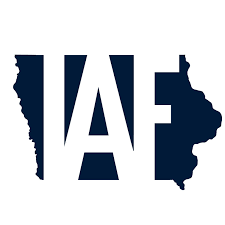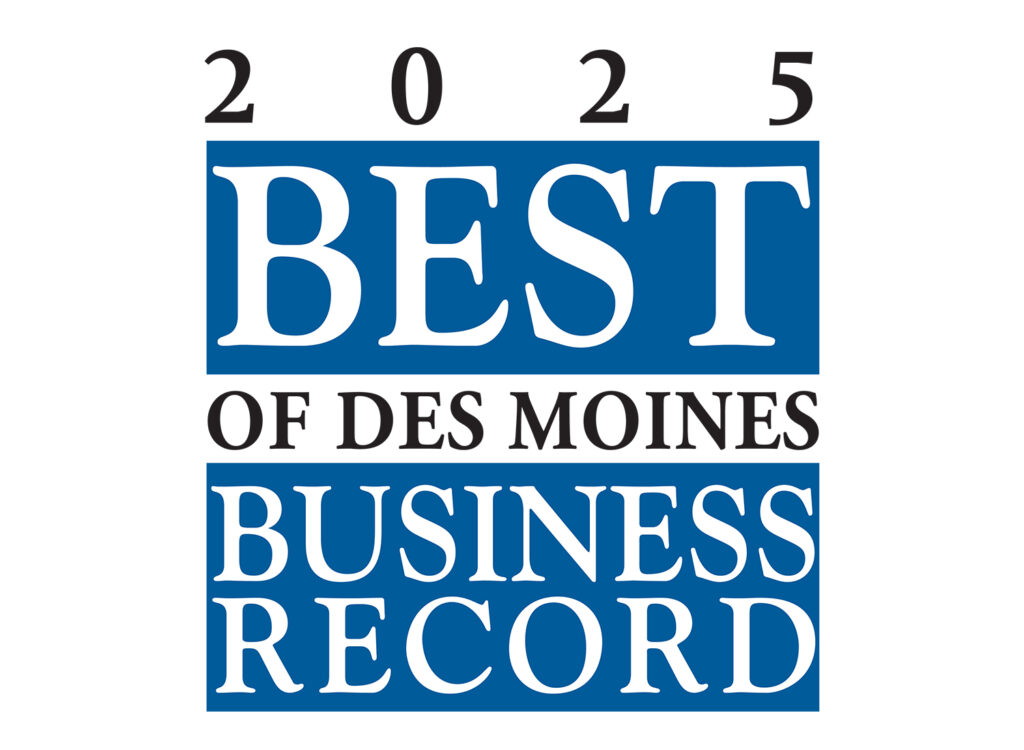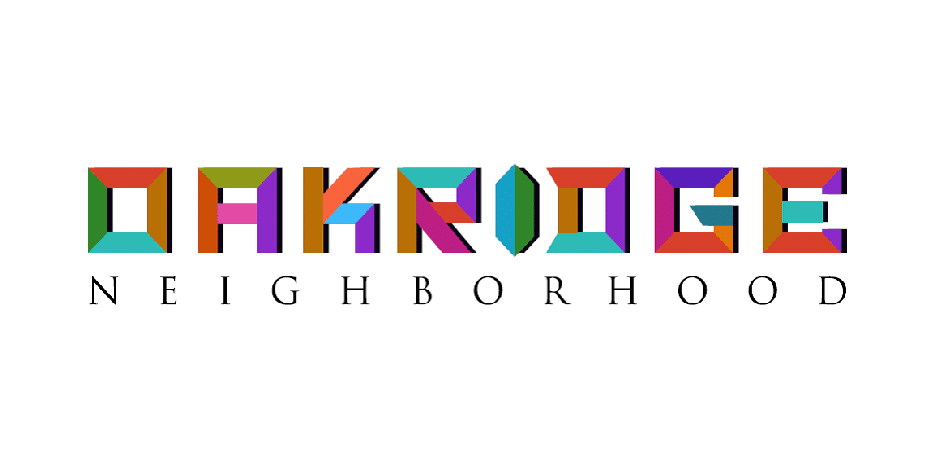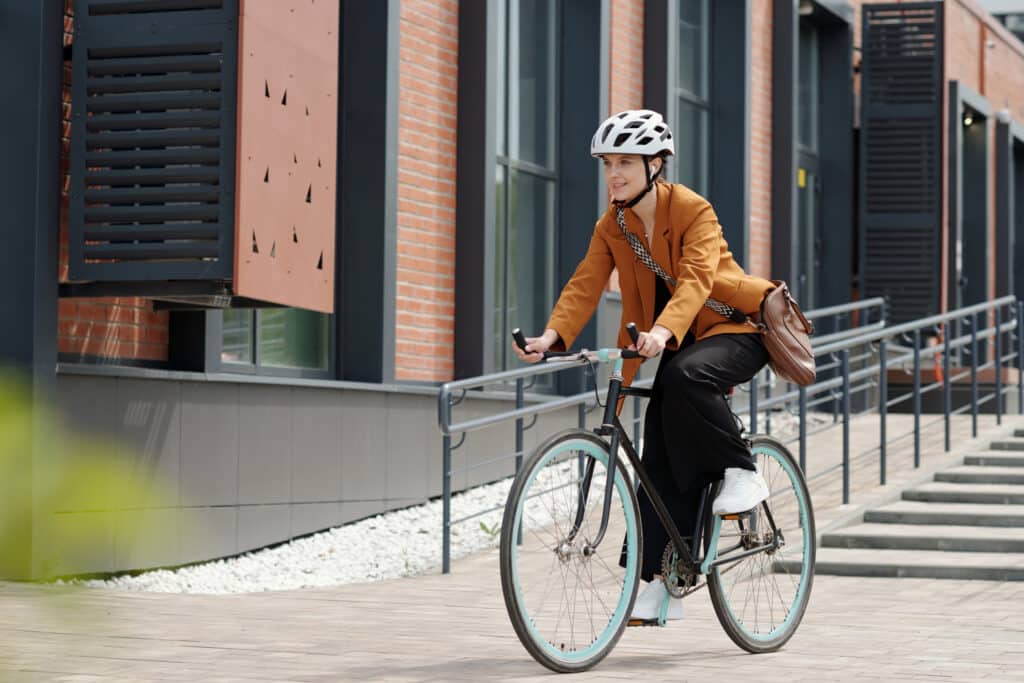Introducing The Power of Us
Takeaways from our first conversation on calling out versus calling in

BPC Staff May 20, 2021 | 4:05 pm
9 min read time
2,205 wordsArts and Culture, Business Record InsiderIn April, the Business Record and Urban Experience Magazine kicked off the Power of Us. The collaborative series focuses on civility and how to come together to have difficult conversations. Hosted by Business Record Editor Emily Barske and Urban Experience Editor-in-Chief Dwana Bradley, the first conversation framed up civility and what it means to work together on issues, with guests Joshua Barr, the director of civil and human rights for the city of Des Moines, and Scott Raecker, the executive director of the Robert D. and Billie Ray Center at Drake University. Future parts in the series will dig into specific topics and how we can be civil as we address them.
While planning for the conversation, Bradley came across a New York Times article relevant to the goal of the Power of Us and shared it with the team. A professor from Smith College in Massachusetts teaches a class about what it means to call people out versus calling people in. The theory is that if we call in people we disagree with – in other words, have personal conversations with people instead of calling them out on social media or different public spaces – we can get a lot further in advancing our goals collectively. This framework prompted us to focus much of the first conversation on the concept of calling out versus calling in, as well as examples of these methods being used and what results came from them.
Here are some takeaways the four of us had from the initial conversation.
Dwana Bradley
editor-in-chief
Urban Experience Magazine
I believe in the power of conversation. It’s something we as a society have gotten away from. We are great at pointing out the wrongs of others and living out our labels. It was important to create a space where conversation takes place with the hope individuals would create a deeper understanding of each other and see the world through the eyes of another.
The conversation with Joshua Barr and Scott Raecker displayed what the power of conversation can do. Two individuals who hadn’t known much about each other by the end of the conversation were making plans to dine together with their wives to continue their conversation. This shows the outcomes of civility and being civil with one another.
I was able to reflect on the way I respond to others who don’t agree with me, and I’ve been guilty of calling people out. There are many decisions made by others, whether it’s in government, various boards, businesses or organizations, that suppress others. I’ve found myself feeling my only way to respond is to call others out. Serving on a board has provided many opportunities of calling out happening to me. I wouldn’t want my actions to make others feel how I’ve felt.
As we discussed this as a group, I realized it’s something we’ve all done, but it’s also something I’ve learned from. I’m committing to creating more opportunities to call in to bring others to a place of conversation.
The Power of Us revealed to me and confirmed it’s important to continue to take time to talk with others, take time to listen to others, and take time to learn from others. It’s the conversations we have that create a space for growth, acknowledgement and understanding the reality of others who don’t look like me, or think like me. But together we can bring our ideas to a space where our thoughts and ideas are valued and appreciated.
Emily Barske
editor
Business Record
When Dwana shared the New York Times article with me that framed up calling out versus calling in as we prepared for our first Power of Us conversation, I almost felt a sense of relief.
I’m someone who likes to have the language to explain big thoughts and ideas succinctly. I had heard the term “calling out” – many times, in fact. But I had never heard the term “calling in” or thought about alternative language for the opposite action of calling someone out. As I read about what the professor meant by calling in and discussed it with Dwana, I realized it was a philosophy I’d always believed in, even though I didn’t have a term for it.
I also realized that just because you might find a way to easily communicate the types of values you believe are morally right doesn’t always make those things easy to put into practice. I’ve always felt strongly that if someone has done something that bothers you or that you disagree with, the best way to resolve the issue is to talk to that person (and via email, social media or other written conversation doesn’t count).
Communicating my belief in having conversations with those we disagree with is one thing, but doing it effectively is another. Conversations require us to set aside our motives and actually listen, which isn’t easy if we’ve been personally attacked or our belief system has been attacked.
I also believe that to hold a value or an opinion, you have to understand why someone might not agree or why they see the world differently. So even though I believed in the philosophy the professor was referring to as “calling in,” I started to think about why others might feel calling out is better.
Ultimately, I realized that many people call others out because they see it as common practice or because they’ve often faced so many barriers that calling in has never been an option for them. We know this to be the truth within social justice – calling out is often the result of never being given a seat at the table or having to work twice as hard to obtain a seat. If we believe in calling in, then we must also believe in addressing inequity.
All of this to say: I had a lot of thoughts swirling around about the topic before we even got to the conversation with the four of us. Here are a few of the things that stood out to me as Dwana, Joshua, Scott and I talked.
When we call someone out, it might shut that person down. That might seem like it helps us meet our goal of ridding the world of beliefs we think are wrong. But it doesn’t. An example was given in our conversation of a woman who was shut down by a group during a forum in which she used a term that the majority of the others found offensive. But in calling her out, no one explained why the term was offensive. It wasn’t until half a year later, and in a different setting, that she asked someone from the group why what she said was offensive. Had they taken time to individually call her in, it may have opened the door for a better learning opportunity and she wouldn’t have felt scared to continue interacting with the others.
We also talked about how much our approach matters. If our language and delivery are hostile, our message will probably not be received.
We can see calling out everywhere – because it’s done in public. But because of the private nature of calling someone in, we don’t always see it happening and only end up seeing the results of it, which we don’t know can be attributed to calling in. We have to find ways to emulate and teach others about calling in so that people see it as a solution.
Last, I’ve been thinking a lot about how we can balance the need to call people in while still reducing the emotional labor of underrepresented people having to explain to others that they’re facing barriers. Yes, we need to call people in because it unites us rather than divides us. But we also have an individual duty to constantly learn about other people’s perspectives.
Joshua Barr
director, Civil and Human Rights Commission
city of Des Moines
My takeaways from the civility discussion:
1. We must continue to have more conversations like these on a larger scale. The only way we are going to change things is through engagement with others. We are not going to change things by talking bad about the other side and yelling. We have to find ways to bring these sorts of conversations to critical mass. “Breaking Bread, Building Bridges” discussions may be the way. (The Des Moines Civil and Human Rights Commission was selected as the 2020 Governor’s Emmy Award Recipient by the Upper Midwest Chapter of the National Academy of Television Arts & Sciences for its documentary “Breaking Bread, Building Bridges.”)
2. When we engage, we must come from a place of sincerity and a willingness to understand the other side. Many times people operate from a place of superiority or desire to be right – and because of that, many people do not walk away from conversations with a better understanding, but rather a firmer commitment to their personal beliefs not knowing that in a society we really only see things from our perspective. I really appreciate Scott taking the time to converse with me. I learned that when engaging I have to have the heart of a poet and the skin of a rhino. People are going to say things that may take jabs at my ego, but ultimately in addressing the challenges of this country my goal is to build alliances. Having the heart of a poet allows me to demonstrate that I am not the enemy but rather we are all in this fight together.
Scott Raecker
executive director
Robert D. and Billie Ray Center at Drake University
The Robert D. and Billie Ray Center at Drake University has a mission to improve civility through character development and ethical leadership. Gov. Robert Ray believed that if we enhanced and demonstrated our best character competencies and ethical leadership, civility would be one of the outcomes.
We began our work in 1997 with one fifth-grade classroom using the Character Counts! framework, and we are now the global home to Character Counts!, serving over 8 million youths worldwide. The Ray Center transforms lives and strengthens communities by cultivating responsible global citizenship through programming and resources to positively impact individuals from early childhood to the corporate, community and public service arenas. Through this work, we honor the legacy of Gov. and Mrs. Ray’s lifelong commitment to positively impact the lives of others.
Research is clear that civility has declined. Shandwick Webber’s recent survey indicates that 93% of Americans identify a civility problem in society, with 68% classifying civility as a major issue (Civility in America 2019: Solutions for Tomorrow – Weber Shandwick). Despite these trends, I remain optimistic that we can change the trajectory, and in fact, that Greater Des Moines, and Iowa, can be the home address for the best practices of civility in all areas of community engagement.
Civility draws much deeper than being nice and mannerly and demonstrating good etiquette. Civility encompasses the art of building relationships with those who are new and different, listening actively with a focus to understand – as well as being understood, and demonstrating the craft of disagreeing without being disagreeable.
The Power of Us series provides an opportunity for our community to demonstrate and model these strategies with facilitated conversations on some of our most challenging topics. It is an opportunity for leaders in our community to come together and demonstrate how we can find common ground despite our differences. How we can seek understanding, at the least, and possible alignment in causes that are greater than ourselves. The Power of Us gives all of us the opportunity to step out of our comfort zone and act to build bridges rather than barriers to those we may disagree with on any given topic.
As a participant in the first session, I was motivated by the takeaways shared at the conclusion. They are learning points for all of us as we move together into the future we desire to shape. Key concepts we can all act upon include: Focus on the facts, seek truth, speak your truth in love – calling people in rather than calling them out, focus on doing right and getting it right rather than being right, consider that forgiveness and grace are something we can all give and receive, have the curiosity and courage to build relationships with those who may be new or different, and take individual action in at least one area of our lives to enhance civility.
Action is the key. And the action for me from the first Power of Us session is that my wife, Martha, and I will be hosting my fellow panelist, Joshua Barr, and his wife in our home for a meal and conversation. And for those who know me well, my biggest challenge may be how a devoted meat lover like me will research and prepare my first-ever vegan meal to meet Joshua and his dietary preferences. Civility in action!
Through the Power of Us I encourage you to think about what actions you can take to enhance civility – and then make the commitment to follow through. If you would like to learn more about our work, please visit us at www.drake.edu/raycenter/.










